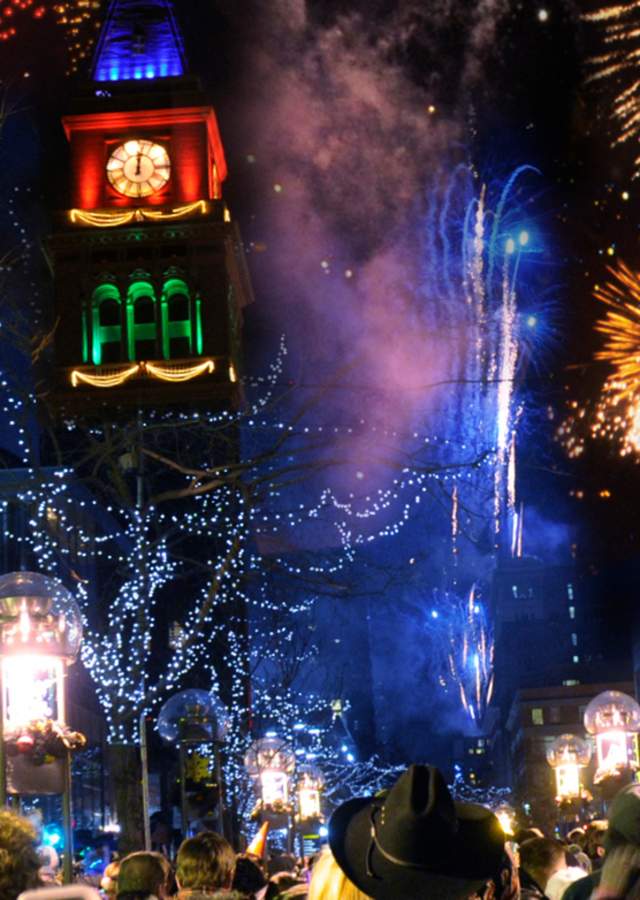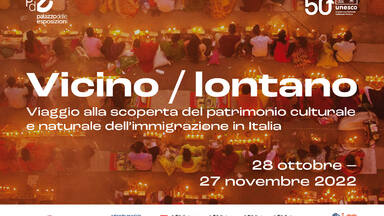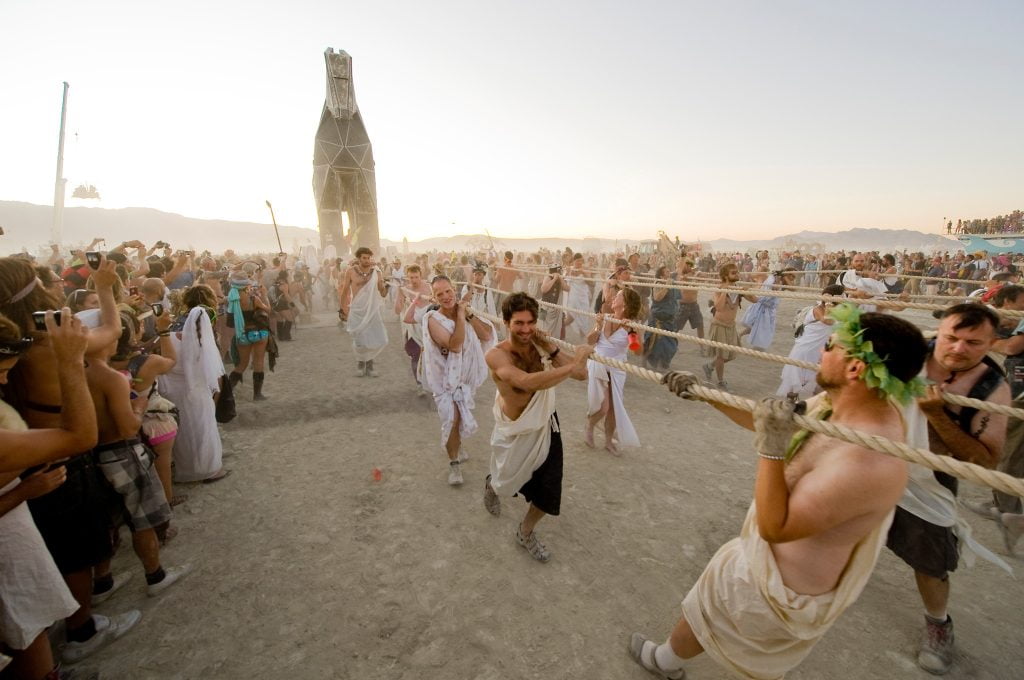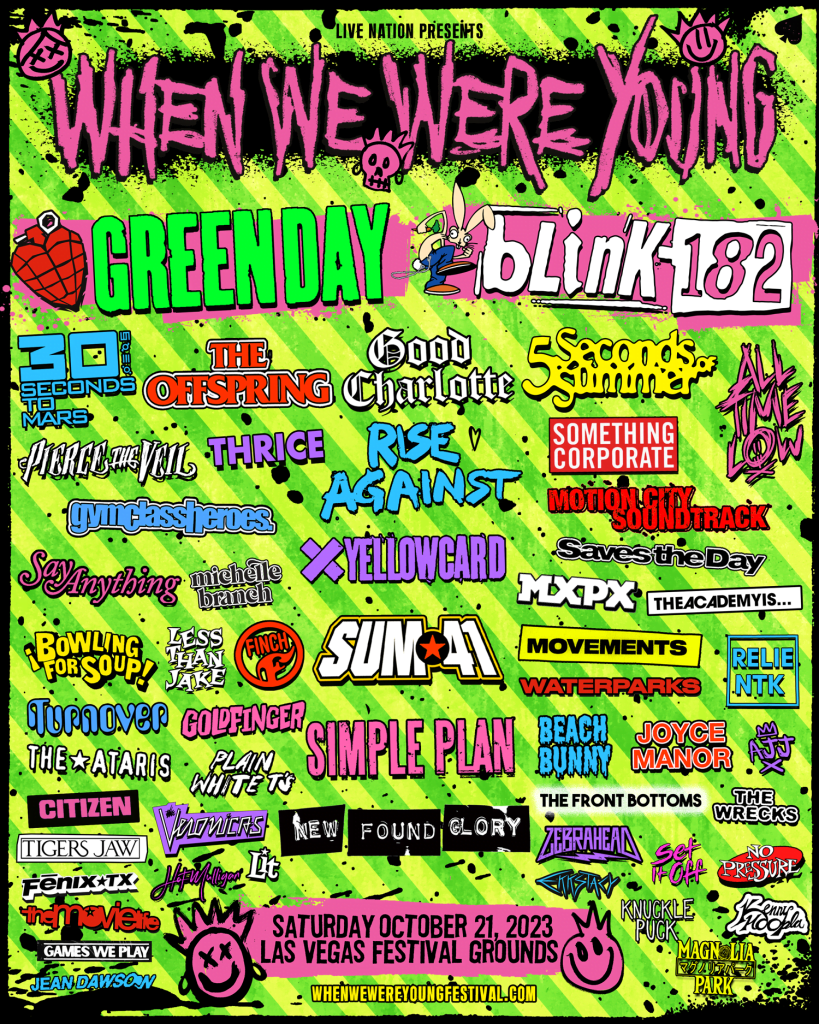Have you ever found yourself wondering, “Is there a Jewish festival today?” Dive into a fascinating exploration of the rich cultural celebrations that mark the Jewish calendar. From joyous occasions filled with music and dancing to days of reflection and solemnity, Jewish festivals offer a glimpse into centuries-old traditions and beliefs. In this blog, we unravel the significance and unique customs associated with these diverse festivals. Whether you’re seeking insight into the festivities or simply curious about the culture, join us on a journey to discover the vibrancy and depth of Jewish celebrations. Get ready to uncover the magic of Jewish festivals and their enduring relevance in the modern world.
I hope EVERYONE is enjoying Lag Ba’Omer today, a good All-#American holiday.
And to those of you who aren’t, happy Yom Easter or something.#chag #holiday #greeting#LagBaOmer#MedinatAmerica pic.twitter.com/L39vP2lIB0
— 🇺🇸 JewWhoHasItAll (@JewWhoHasItAll) May 9, 2023
Introduction to Jewish Festivals
Jewish festivals are significant cultural and religious celebrations that hold a profound meaning in Jewish tradition. These festivals are rooted in historical events, spiritual practices, and cultural customs, shaping the Jewish way of life. The Jewish calendar is adorned with a rich tapestry of festivals and holidays, each carrying its unique rituals and ceremonies.
The Importance of Jewish Festivals
Jewish festivals play a crucial role in uniting the Jewish community, fostering a sense of identity, and strengthening faith. These festivals provide opportunities for reflection, celebration, and spiritual growth. They mark key milestones in Jewish history and serve as reminders of God’s presence and blessings in the lives of the Jewish people.
The observance of Jewish festivals is deeply ingrained in Jewish culture, with each festival holding special significance and symbolism. From the solemnity of Yom Kippur to the joyous festivities of Purim, Jewish festivals encompass a wide range of emotions and experiences.
Common Traditions in Jewish Festivals
Jewish festivals are characterized by a myriad of traditional practices, including liturgical readings, special prayers, festive meals, and symbolic rituals. Each festival has its unique customs and observances that differentiate it from others on the Jewish calendar.
- Rituals: Many Jewish festivals involve specific rituals such as lighting candles, reciting blessings, and partaking in symbolic foods.
- Community Gatherings: Festivals often bring the community together for prayer services, meals, and social gatherings.
- Charitable Acts: Giving to those in need is a common practice during Jewish festivals, emphasizing the values of compassion and generosity.

Significance of Jewish Festivals
Jewish festivals hold immense cultural and religious significance in the Jewish community, showcasing traditions, history, and values passed down through generations. These festivals are a time of joy, reflection, and unity among Jewish individuals around the world.
The Importance of Celebrating Jewish Festivals
Participating in Jewish festivals helps to strengthen familial and communal bonds, fostering a sense of togetherness and belonging within the community. These celebrations also serve as opportunities for spiritual growth, renewal, and reconnection with Jewish heritage.
Embracing the customs and rituals associated with each festival enhances one’s understanding of Jewish identity and helps preserve the rich cultural tapestry of the Jewish people.
Connection to Tradition and History
Each Jewish festival is deeply rooted in historical events and biblical narratives, symbolizing pivotal moments in Jewish history and faith. From Passover commemorating the Exodus from Egypt to Hanukkah symbolizing the rededication of the Holy Temple in Jerusalem, these festivals serve as reminders of the resilience, faith, and perseverance of the Jewish people.
By observing these festivals, individuals honor the struggles and triumphs of their ancestors and reaffirm their commitment to upholding Jewish traditions for future generations.
Calendar of Jewish Festivals
Exploring the question, “Is there a Jewish festival today?” reveals a rich tapestry of cultural celebrations throughout the year. In 2022, the Jewish calendar is brimming with meaningful festivals, each with its unique traditions and significance.
Rosh Hashanah
Rosh Hashanah, also known as the Jewish New Year, marks a time for reflection and new beginnings. It usually falls in September and is observed with prayer services and festive meals.
Yom Kippur
Following Rosh Hashanah is Yom Kippur, the Day of Atonement when Jews engage in fasting and intensive prayer. This solemn day, typically in September or October, focuses on repentance and spiritual renewal.
Passover
Passover, celebrated in the spring month of Nisan, commemorates the Exodus from Egypt. Families partake in a Seder meal, retelling the story of freedom and redemption.
Hanukkah
Hanukkah, also called the Festival of Lights, occurs in December. It honors the miracle of the menorah and the rededication of the Holy Temple in Jerusalem. Families light the menorah each night for eight nights.

Understanding the Current Jewish Festival
As we delve into the question, “Is there a Jewish festival today?” it’s important to consider the real-time calendar of Jewish celebrations. In the current year, the rich tapestry of Jewish festivals includes significant events that are deeply rooted in tradition and cultural heritage.
Key Jewish Festivals Today
One of the major Jewish festivals happening today is Passover, also known as Pesach. This eight-day celebration commemorates the liberation of the Israelites from slavery in ancient Egypt.
Another notable festival is Rosh Hashanah, the Jewish New Year, which is marked by festive meals, blowing the shofar, and introspection.
Significance of Current Festivals
During Passover, families gather for the Seder meal, which includes specific foods and ritual readings from the Haggadah. It is a time for reflection and gratitude for freedom.
Rosh Hashanah signifies a time of renewal and repentance, where Jewish communities come together to pray, seek forgiveness, and set positive intentions for the year ahead.

Celebrations and Traditions
Exploring Jewish festivals and traditions is a fascinating way to understand the rich cultural heritage of the Jewish community. From religious observances to family rituals, these celebrations offer insights into centuries-old customs and beliefs.
Major Jewish Festivals
Throughout the year, the Jewish calendar is filled with significant festivals and holidays, such as Passover, Rosh Hashanah, Yom Kippur, and Hanukkah. These festivals are marked by special prayers, feasting, and symbolic rituals that hold deep religious and cultural significance. Is there a Jewish festival today
Symbolic Traditions
Specific traditions and customs often accompany Jewish celebrations. For example, during Passover, the Seder meal includes symbolic foods like matzah and bitter herbs, representing the Israelites’ exodus from Egypt. These symbols serve as reminders of historical events and religious teachings.
- Matzah: Unleavened bread consumed during Passover
- Menorah: Symbolic candelabra lit during Hanukkah
- Shofar: Ram’s horn blown on Rosh Hashanah
Frequently Asked Questions
- What is the significance of Jewish festivals?
- Jewish festivals hold great cultural and religious significance for the Jewish community. They are commemorations of historical events, agricultural milestones, and religious observances that serve to strengthen faith, preserve traditions, and foster community bonds.
- How many Jewish festivals are there in a year?
- There are several Jewish festivals celebrated throughout the year. Some major festivals include Passover, Rosh Hashanah, Yom Kippur, Hanukkah, and Purim. Each festival has its unique rituals, customs, and historical significance.
- Is there a Jewish festival happening today?
- To know if a Jewish festival is happening today, it is recommended to refer to a Jewish calendar or consult with local Jewish communities or synagogues, as the timing of festivals can vary based on the lunar Hebrew calendar.
- How are Jewish festivals celebrated?
- Jewish festivals are celebrated with prayers, traditional foods, rituals, songs, and communal gatherings. Each festival has specific practices associated with it, such as lighting candles, reciting blessings, reading from the Torah, and sharing festive meals with family and friends.
- What can one learn from Jewish festivals?
- Jewish festivals offer valuable lessons on faith, history, community, gratitude, and resilience. They provide an opportunity to connect with Jewish heritage, reflect on the past, and celebrate the values that have sustained the Jewish people for generations.
Final Thoughts: Celebrating Jewish Festivals
As we uncover the question of “Is there a Jewish festival today?” we delve into a rich tapestry of cultural celebrations that define the Jewish calendar. From the sad reflections of Yom Kippur to the joyous festivities of Purim, each festival offers a unique opportunity for introspection, tradition, and community. Understanding and respecting these festivals not only provides insight into Jewish beliefs and practices but also fosters appreciation for cultural diversity and inclusivity. So, the next time you find yourself contemplating if there’s a Jewish festival today, remember the significance behind these celebrations and embrace the spirit of unity and heritage they embody.




